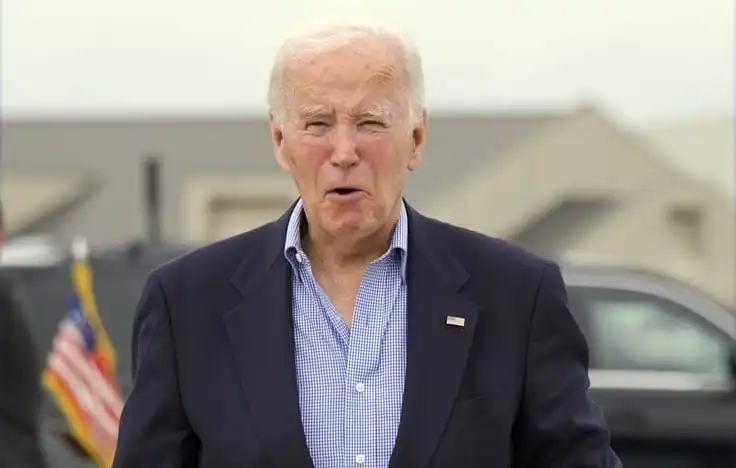Former President Joe Biden’s recent prostate cancer diagnosis has brought renewed attention to the health challenges faced by aging leaders. Medical reports indicate his cancer is aggressive, with a Gleason score of 9 and evidence of bone metastasis—factors that complicate treatment.

Prostate cancer is highly treatable when caught early, but Biden’s case underscores the risks when it spreads. Experts note that while hormone therapies and immunotherapies offer hope, older patients often face tougher recoveries. Biden, who lost his son Beau to brain cancer in 2015, now confronts his own fight against the disease.

The timing of this news is notable, following Biden’s decision not to run in 2024 due to concerns about his age and stamina. Some speculate whether his diagnosis influenced that choice, though his team maintains it was unrelated. The public response has been one of sympathy, but also debate over how much health information leaders should disclose.
As Biden explores treatment options, his situation serves as a reminder of the importance of early detection—especially for men over 50. For now, supporters hope medical advancements will give him the best possible outcome.


